Food in Time and PlaceThe American Historical Association Companion to Food History
Food in Time and Place delivers an unprecedented review of the state of historical research on food, endorsed by the American Historical Association, providing readers with a geographically, chronologically, and topically broad understanding of food cultures—from ancient Mediterranean and medieval societies to France and its domination of haute cuisine.
Food and cuisine are important subjects for historians across many areas of study. Food, after all, is one of the most basic human needs and a foundational part of social and cultural histories. Such topics as famines, food supply, nutrition, and public health are addressed by historians specializing in every era and every nation.
Food in Time and Place delivers an unprecedented review of the state of historical research on food, endorsed by the American Historical Association, providing readers with a geographically, chronologically, and topically broad understanding of food cultures—from ancient Mediterranean and medieval societies to France and its domination of haute cuisine. Teachers, students, and scholars in food history will appreciate coverage of different thematic concerns, such as transfers of crops, conquest, colonization, immigration, and modern forms of globalization.
“There is no better introduction to the current vigorous state of food history, no better defense of its interest and intellectual legitimacy, and no better demonstration of how odd it is that the subject needs a defense.”—Steven Shapin, Franklin L. Ford Research Professor, History of Science, Harvard University
“This book is a treasure. Its clear and lively chapters on global food history instantly explain why food has become an essential entry point into the most intellectually challenging problems of our time. Any reader interested in the role of food in history, culture, or politics, the production or consumption of food, or the teaching of critical thinking will find this book hard to put down.”—Marion Nestle, Professor, New York University, and author of Food Politics


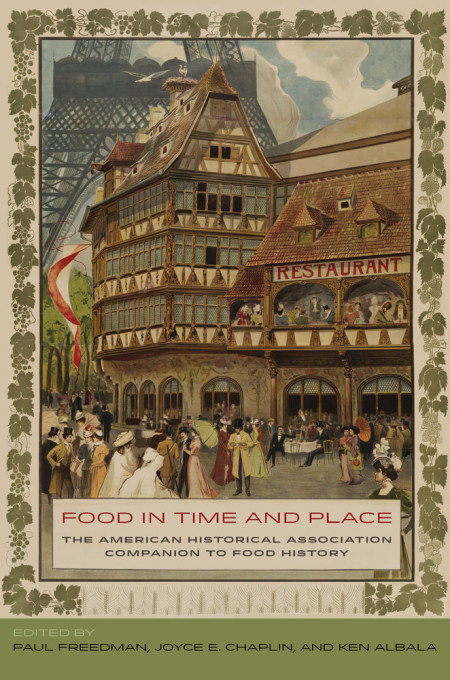


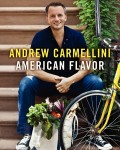
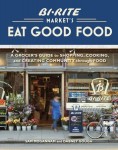
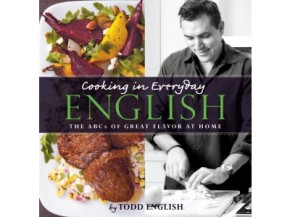
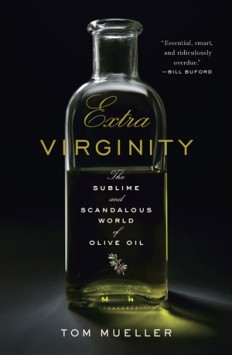
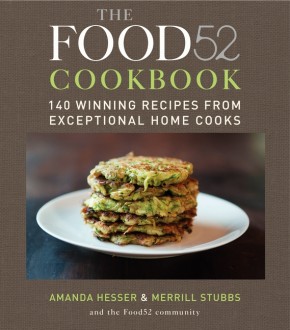
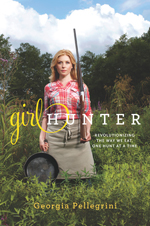
Leave a Reply